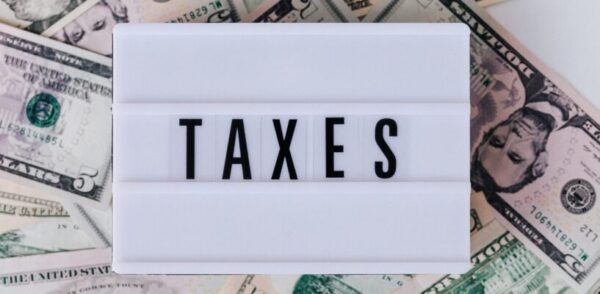Determining the 2023 Massachusetts Property Tax Rate
For homeowners and real estate investors, understanding the intricacies of the “property tax rate MA” is crucial to financial planning and investment strategies. Massachusetts, renowned for its rich history, elite educational institutions, and picturesque landscapes, also possesses a complex property tax system that varies significantly across its cities and towns. This property tariff rate is influenced by a blend of state regulations, local expenses, assessed property values, and specific growth factors in individual municipalities.
As we round off fiscal year 2023 and approach fiscal year 2024, there are heightened discussions and anticipations regarding shifts in the housing tax rates. Given the potential impact on homeownership costs, investment ROI, and general real estate dynamics, comprehending these rates and the mechanisms behind their determination becomes paramount. This article dives deep into the very fabric of the Massachusetts property tax system, unraveling the methodology, factors, and implications of the rates set for 2023. Whether you’re a homeowner seeking clarity on your upcoming tariff, a real estate professional advising clients, or an investor scouting for opportunities, our comprehensive guide will shed light on the multifaceted realm of Massachusetts property tariff rates.
What is a Property Tax Rate?
A property excise duty rate determines the tax bill a homeowner receives annually. This rate is calculated by dividing the total tax levy by the total assessed value of taxable property in the city or town. The outcome is expressed in terms of dollars per $1,000 of assessed value.
How is Property Value Assessed in Massachusetts?
In Massachusetts, local assessors evaluate the market value of properties. The assessed value of the property is a reflection of its market value and becomes the basis for determining the property tax. Annual fluctuations in property values are common and can significantly influence the excise rate.
Understanding the Levy: What Does It Mean?
A tax levy is the amount of money to be raised by the property tax. In Massachusetts, this levy limit is defined by Proposition 2 ½, which constrains the growth in the tax base. This means that the total levy for any city in Massachusetts cannot increase by more than 2.5% from one year to the next, barring some exceptions.
Why do Tax Rates Vary Between Massachusetts Towns?
Different towns in Massachusetts have varying property values, local expenses, and growth rates. Consequently, the tax rates in Massachusetts differ to cater to the specific needs of each city and town. Additional factors like new developments, which add to the assessed value, or special projects approved by referendum for exclusion from Proposition 2 ½, can also contribute to these differences.
How Proposition 2 ½ Influences Tax Rates in Massachusetts
Introduced in the early 1980s, Proposition 2 ½ limits the annual growth of total tax revenue a city or town can collect. It sets a cap on how much the tariff can increase annually. However, there are exceptions. Override votes and exclusions can lead to increases beyond the set limits.
Fiscal Year 2023: Expected Property Tax Rates
As the fiscal year 2023 comes to a close and the 2024 fiscal year approaches, homeowners, investors, and real estate professionals should be aware of potential changes in the housing tax rate. Factors to consider include the growth in the tax base and any overrides or exclusions passed in town meetings.
The Role of Massachusetts Department of Revenue in Tax Determination
The Massachusetts Department of Revenue oversees the tax rates, ensuring compliance with state regulations. This department verifies that each city and town has appropriately calculated its excise duty based on the increased value of new developments and other factors.
Overrides and Their Effect on Annual Tax
Overrides allow cities and towns to raise property taxes beyond the limits set by Proposition 2 ½. While these are not common, when approved, they can significantly alter the annual tariff bill for residents.
The Highest and Lowest Property Tax Rates in Massachusetts
Massachusetts towns like Weston, Lowell and Lincoln often have higher property excise rates due to their premium real estate and services. But Long Meadow seems to have the highest tax rate in MA. Boston also has a relatively high property tariff rate, due to the fast rise in property values.
Conversely, places with low property values may have comparatively lower rates. However, it’s essential to note that a high tariff rate doesn’t necessarily mean higher out-of-pocket property tax bills. The actual bill depends on the value of the property in question.
Massachusetts Real Estate: Tax Exemptions and Their Impact
Various exemptions, like those for seniors, veterans, or blind individuals, can reduce property taxes. Being aware of these exemptions can significantly reduce the tax burden for eligible residents.
Stay updated and make informed decisions by understanding the nuances of Massachusetts’ property tax system!

